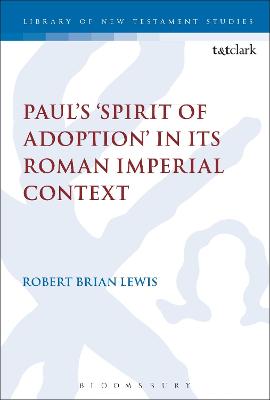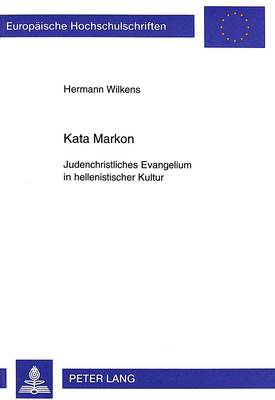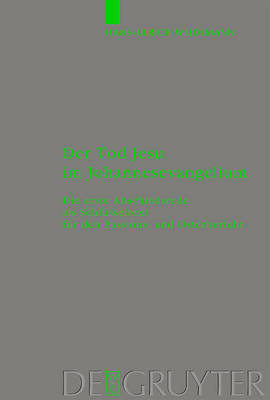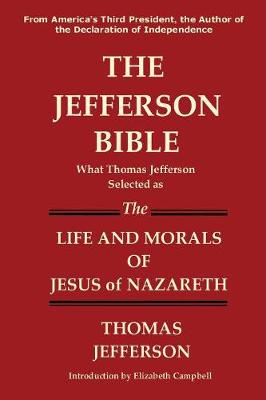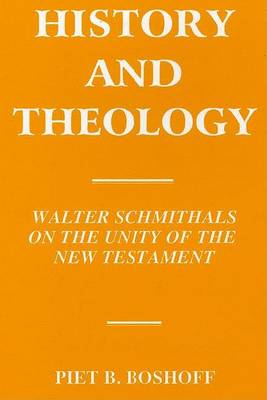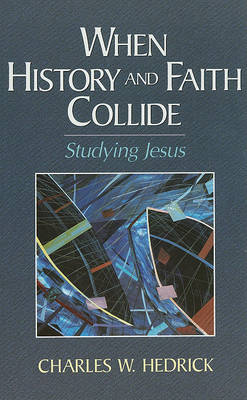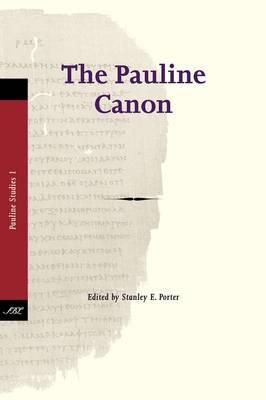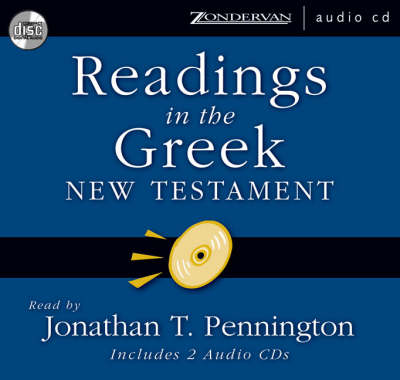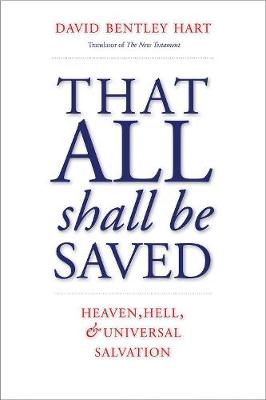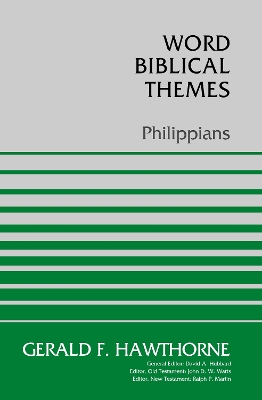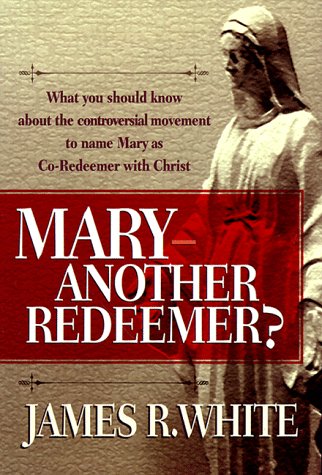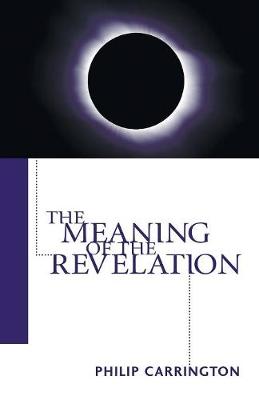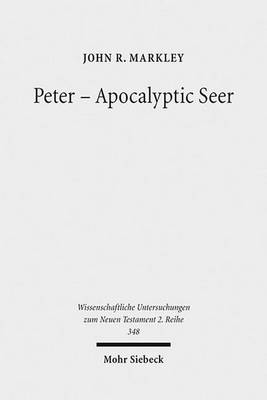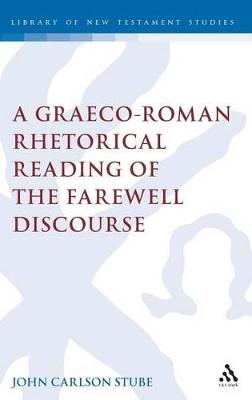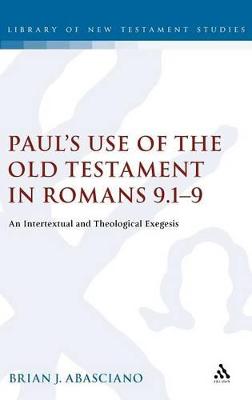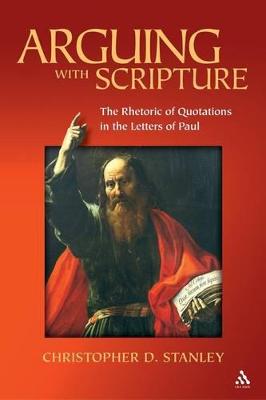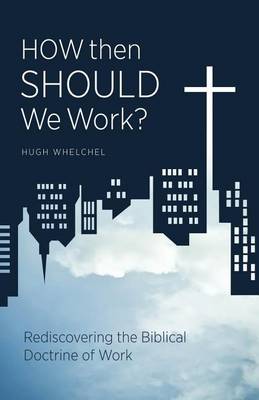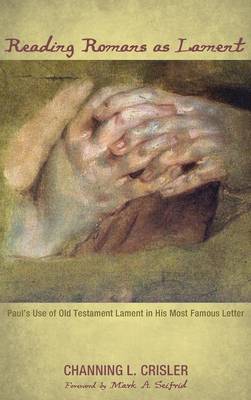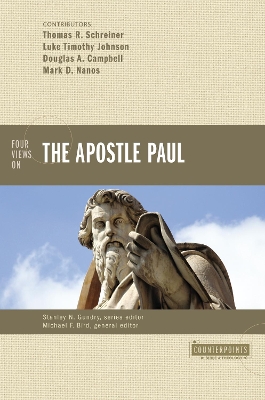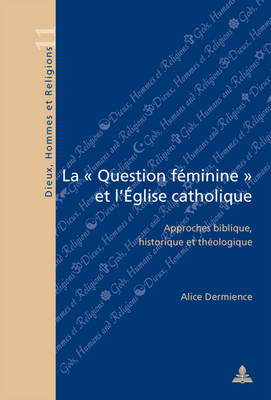Robert Lewis examines Paul’s use of the phrase “Spirit of Adoption” in Romans 8:12-17 against the background of its Roman Imperial context in order to shed light on interpretation of Paul's Letter to the Romans. Whereas other scholars have explored what Paul may have meant when he uses the term “adoption” Lewis instead explores the reasons behind Paul's coupling of it with the term “spirit”. Having examined theories for a possible Jewish antecedent for Paul’s use of this phrase, and found them...
Wider Erwarten hielt auch der Neutestamentler Rudolf Bultmann seinerzeit die Existenz eines "Urmarkus" fur gegeben. Doch dessen Rekonstruktion galt damals als kaum moeglich. Der Autor dieser Arbeit stutzt sich nun auf eine theologisch orientierte Literarkritik und arbeitet zwei Fassungen des Markusevangeliums heraus: ein juden-christlich-apokalyptisches Fruhevangelium aus der Zeit kurz vor dem Jahr 70 und dessen hellenisierende Bearbeitung eine Weile nach 70. Theologisch zielt das Fruhevangelium...
Der Tod Jesu wird im Johannesevangelium in diskursiven wie narrativen Texten thematisiert. Die Arbeit geht im Anschluss an Joh 14,29 davon aus, dass die erste Abschiedsrede (13,31-14,31) mit ihrer Eschatologie und Pneumatologie, aber auch der angekundigten Konfrontation Jesu mit dem Teufel der Schlussel- und Kommentartext fur den Passions- und Osterbericht (Joh 18-20) ist. Zur Erhebung des theologischen Verstandnisses vom Tod Jesu werden beide Textcorpora detailliert und in ihren gegenseitigen B...
The Jefferson Bible What Thomas Jefferson Selected as the Life and Morals of Jesus of Nazareth
by Thomas Jefferson
Hedrick explores the tension, or collision, that occurs when one studies the Jesus of faith with the critical eye of historical scholarship. He outlines the nature of historical inquiry, gives a brief history of how scholars have understood Jesus, and identifies the essential issues confronting the reader of the New Testament Gospel accounts of Jesus: discrepancies, contradictions, and differences as well as strong similarities among different writers.
The Pauline letters continue to provoke scholarly discussion. This volume includes papers that raise a variety of questions regarding the canon of the Pauline writings. Some of the essays are more narrowly focused in their intent, sometimes concentrating upon a single dimension related to the Pauline canon, and sometimes upon even a single letter. Others of the essays are more broadly conceived and deal with how one assesses or accounts for the process that resulted in the letters as a collectio...
A stunning reexamination of one of the essential tenets of Christian belief from one of the most provocative and admired writers on religion today "A scathing, vigorous, eloquent attack on those who hold that that there is such a thing as eternal damnation."-Karen Kilby, Commonweal "[A] provocative, informative treatise. . . . [Hart's] resounding challenge to orthodox Christian views on hell and his defense of God's ultimate goodness will prove convincing and inspiring to the open-minded."...
A companion series to the acclaimed Word Biblical Commentary Finding the great themes of the books of the Bible is essential to the study of God's Word and to the preaching and teaching of its truths. These themes and ideas are often like precious gems: they lie beneath the surface and can only be discovered with some difficulty. While commentaries are useful for helping readers understand the content of a verse or chapter, they are not usually designed to help the reader to trace important sub...
What every reader needs to know about the controversial movement to name Mary as Co-Redeemer with Christ.
Peter - Apocalyptic Seer: The Influence of the Apocalypse Genre on Matthew's Portrayal of Peter
by John R Markley
A Graeco-Roman Rhetorical Reading of the Farewell Discourse (The Library of New Testament Studies)
by John C. Stube
"The Farewell Discourse" (John 13-17) is an unique and climactic portion of "John's Gospel", which serves as a hinge on which the entire Gospel narrative pivots from Jesus' public ministry to his Passion. Shallow readings of this Discourse often pass over or ignore significant aspects of the text, especially the instruction and preparation Jesus was giving, both in words and actions, to make ready his disciples to continue his mission to the world after his departure. Other readings (notably for...
This investigation builds upon recent developments in the study of Paul's use of Scripture that center around the concept of "intertextuality." Abasciano uses an exegetical method that incorporates into a thorough traditional exegesis a comprehensive analysis of Paul's use of Scripture against the background of interpretive traditions surrounding the texts alluded to, with great emphasis placed on analyzing the original contexts of Paul's citations and allusions. Such an intertextual exegesis is...
Drawing on recent discussions of quotations in the fields of rhetorics, linguistics, and literary studies, Stanley argues that Paul's explicit appeals to Jewish Scriptures must be analyzed as rhetorical devices that seek to influence the thoughts, feelings, and actions of a first-century audience. This approach requires a different set of questions and methods than scholars have typically used in their studies of Paul's quotations. Among the key questions explored in this book are why Paul quote...
Four Views on the Apostle Paul (Counterpoints: Bible and Theology)
An introduction to ongoing debates on the apostle Paul's life and teaching and his letters' ramifications for the Church of today. The apostle Paul was a vital force in the development of Christianity. Paul's historical and religious context affects the theological interpretation of Paul's writings, no small issue in the whole of Christian theology. Recent years have seen much controversy about the apostle Paul, his religious and social context, and its effects on his theology. In the helpful...
La " Question Feminine " Et l'Eglise Catholique (Dieux, Hommes Et Religions / Gods, Humans and Religions, #11)
by Alice Dermience
